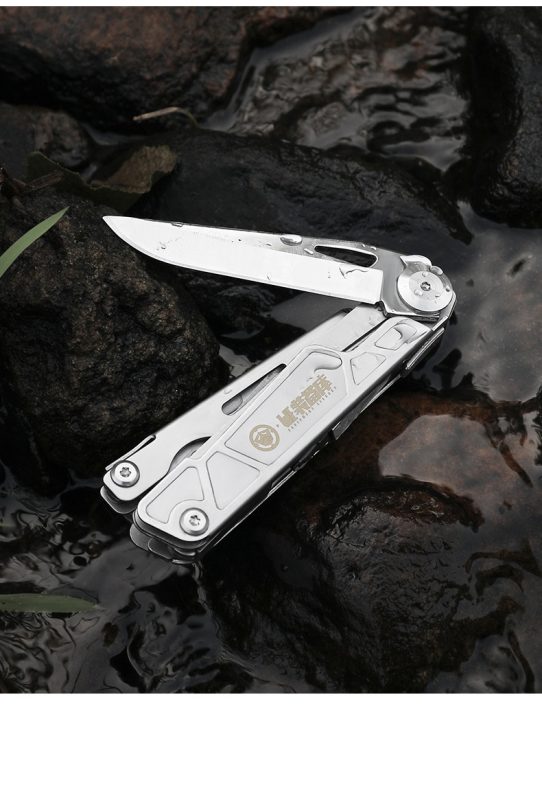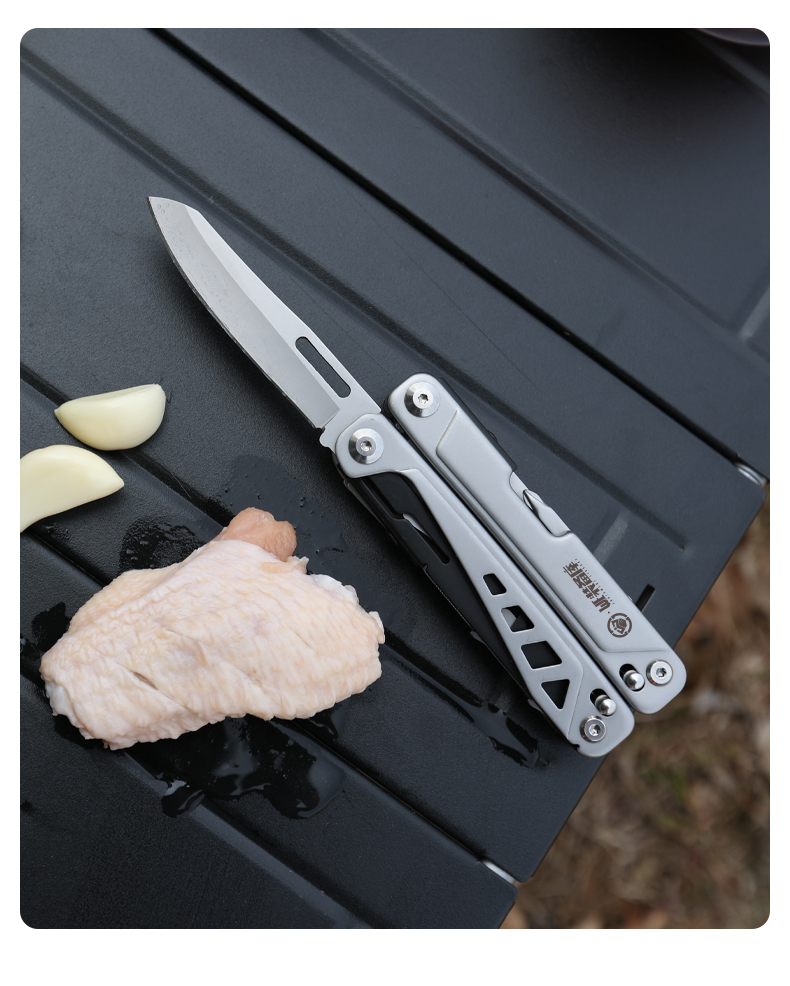You have a brand new shiny knife and want it to stay in this state forever. So, how to maintain the small folding knife to maintain its optimal appearance and function? Tool maintenance is important – whether you use it for camping, hunting, or simple daily tasks, proper maintenance can ensure long service life and optimal performance. Fortunately, tool maintenance is also relatively simple! In this guide, we will share basic tips and tricks for maintaining the best condition of cutting tools, making them reliable tools for years to come.
Cleaning is key:
One of the most basic aspects of tool maintenance is to keep the tools clean. Please evaluate the cleanliness of the blade after each use. Before retracting the blade, please remove any foreign objects from the blade, whether it is dirt, food residue, dust, or any other debris. In most cases, simply wipe quickly with a clean cloth. If this is not enough, please rinse gently with soap and water. If it is a folding knife, please avoid getting water around the pivot area and under the handle piece, as these areas will retain moisture. Stubborn substances such as adhesive or tape residue may require a little chemical to remove – we recommend using isopropanol as it is safe to use and readily available.
Regular lubrication:
A well lubricated folding knife is not only more reliable, but also more enjoyable to use. Lubrication helps prevent corrosion, reduce friction, and ensure quick opening and closing. If your folding knife feels rough to operate and you have tried to clean it, apply a small amount of high-quality knife oil (if applicable) on the bearing surface and positioning ball around the pivot. Remember to open and close the knife multiple times after applying oil to ensure even distribution. Do not excessively lubricate any locking surfaces; This may lead to ‘lock jamming’ or worse, jeopardize the security of the locking mechanism itself.
Check and tighten the screws:

Over time, the screws on the small knife may loosen due to usage or external factors. Regularly check screws to ensure they are tightened, and use a high-quality screwdriver suitable for the screws to prevent them from falling off – a good set of Torx drill bits is crucial! Loose screws can affect the strength, stability, and overall performance of the knife.
Keep the handle clean:
The handle of your small folding knife is also worth paying attention to. Clean the handle of the knife using appropriate methods based on the material. For example, wooden knife handles may require occasional oiling or waxing to prevent drying and cracking. The handle made of synthetic materials (G10, FRN, Micata or carbon fiber) can be cleaned with mild soap and water, and then gently wiped with a cloth or soft bristled brush. Before storage, pay attention to thoroughly drying.

Special attention should be paid to carbon steel:
If your blade is made of carbon steel, special attention should be paid as it is prone to rusting. In addition to keeping the blades clean and dry, you can also apply a thin layer of food grade mineral oil or specialized knife oil on the blades to protect them and form a rust barrier. Over time, it is normal for carbon steel to develop copper green. This unique aging process can actually help protect the blade, so don’t worry too much about slight discoloration. However, if you see powdery or flaky red rust spots, please immediately treat them with a lightweight grinding pad to prevent them from affecting the integrity of the blade.
Avoid excessive force:
The simplest way to destroy any tool is to push it to its limit. When cutting or performing other tasks, avoid excessive force as it may cause damage to the blade, breakage of the tip, or even injury. Choose appropriate tools and keep them sharp to complete the work.
Proper storage:
When not in use, please store the cutting tools in a dry place, away from extreme temperatures and humidity. Placing several bags of desiccant in the knife box will help control the humidity of the surrounding environment. Avoid storing straight knives in leather sheaths for extended periods of time, as leather can easily absorb moisture, leading to corrosion.



